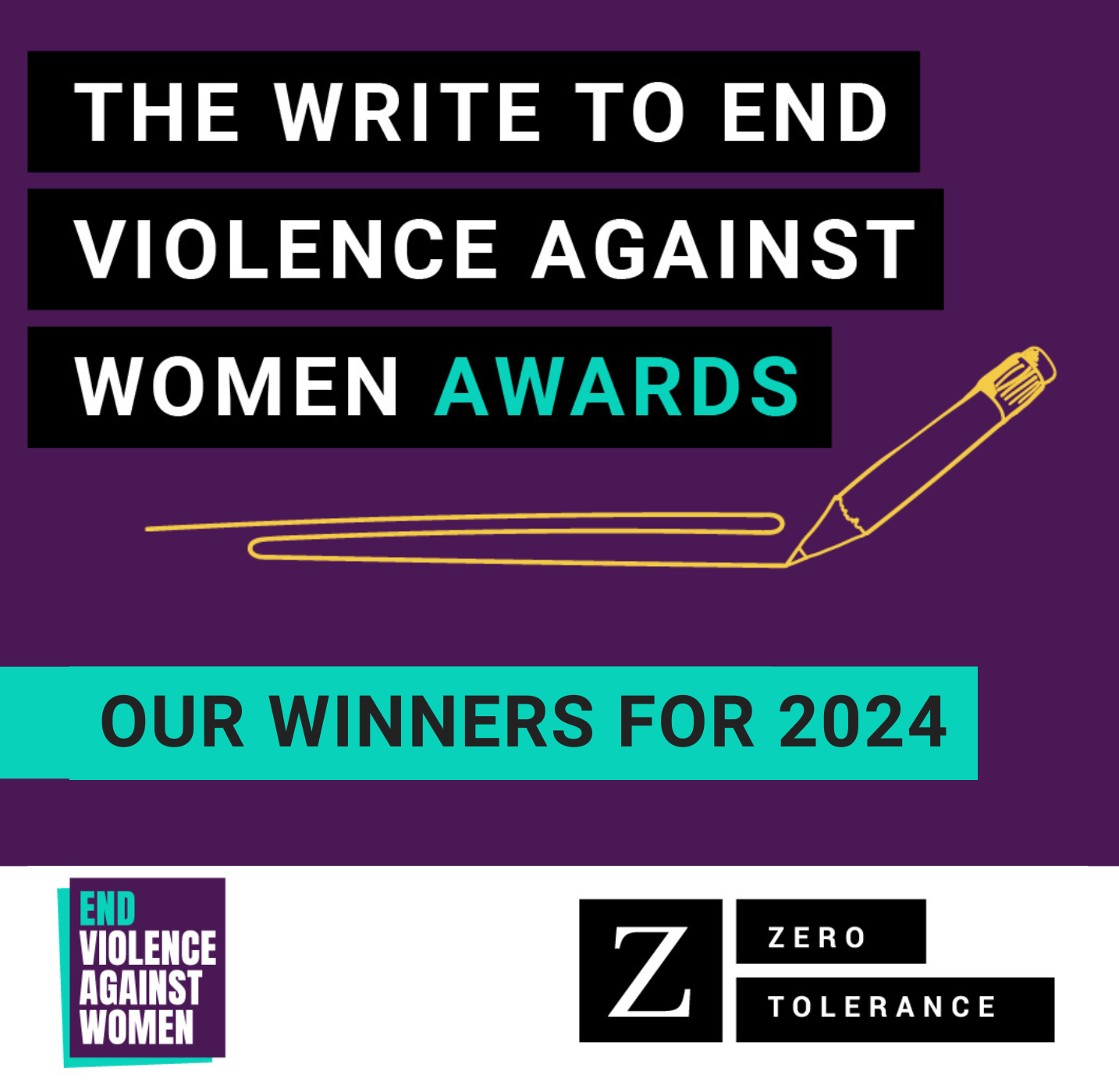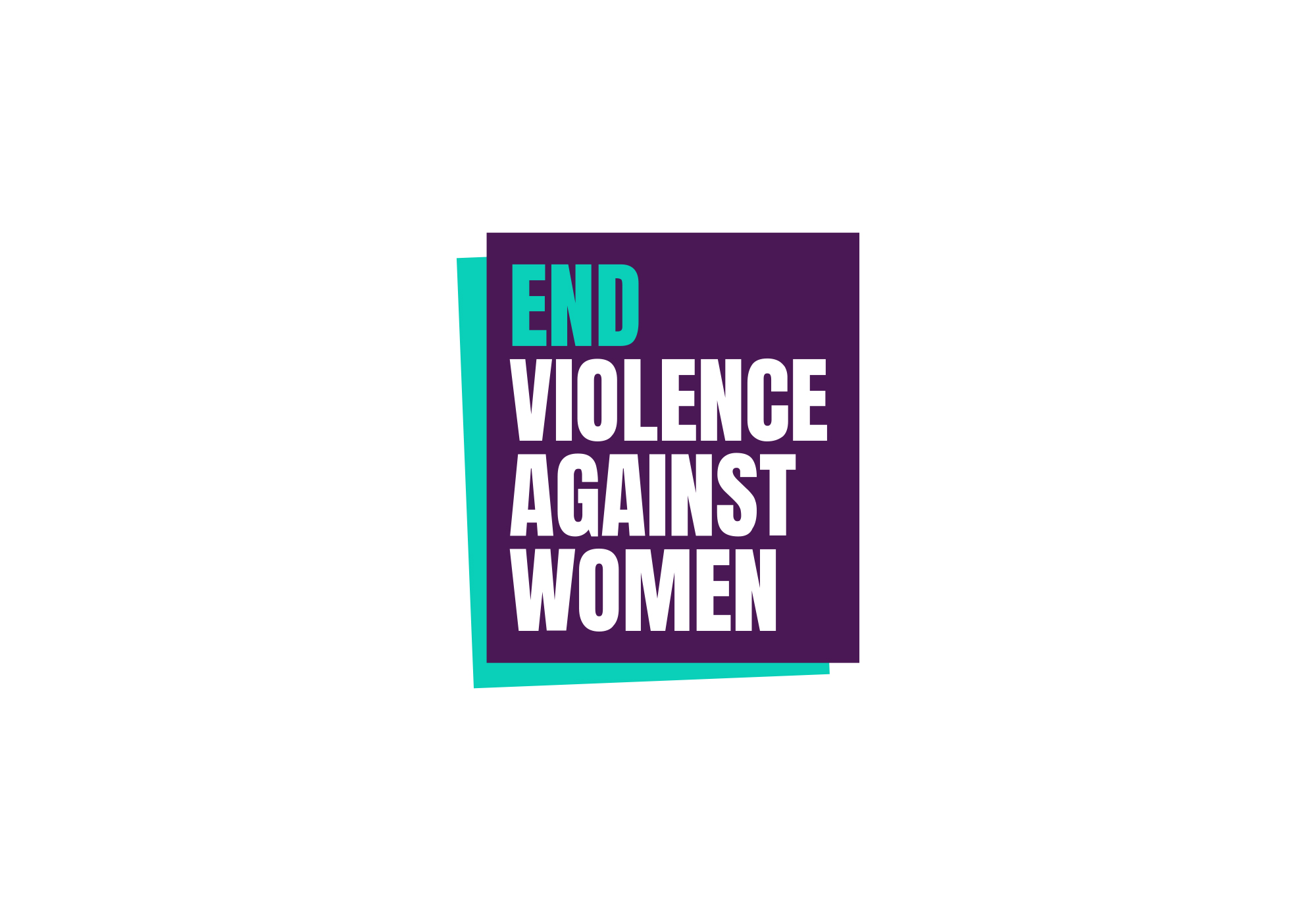 12 Dec
12 Dec
As our parliamentary event, Women Living in A Hostile Environment, came to an end on 2 May, it was clear from women’s groups that the Domestic Violence & Abuse Bill must include protections for migrant women – or it will not achieve the change it sets out to do.
Two-tier system & the culture of disbelief
Often, a woman’s immigration status is the biggest threat to her receiving the protection and support she needs as a victim of domestic violence.
“There is a two-tier system in place for abused women seeking support which leaves invisible migrant women behind,” said Marchu Girma of Women for Refugee Women.
Whenever abused women try to seek support or access services they often face a hostile culture of disbelief, questioned on their immigration status with little consideration for how they can leave their abusive partners.
“We’re hearing about universities and hospitals turned into an internal border force”, says Dr Emma Williamson from the University of Bristol, “Your professor or your doctor will check whether you’re legal, but they are not obliged to check whether or not you’re in an abusive situation.”
Leaving an abusive partner is difficult. As Dr. Williamson pointed out, “migrant women often get a poor response from the police and the courts when they try to seek justice,” who drew on FOI data from 2017 (politica.co.uk) which revealed that 31 police forces in England and Wales routinely or sometimes refer victims and witnesses to the Home Office for immigration enforcement.
Her points were supported by Lubana Kayani, a solicitor from Ashiana – a domestic and sexual violence centre supporting women and girls. Lubana spoke about a hostile immigration policy which is enabling violent men and their extended families to control women.
Yet, when these women have the courage to get out they are dispersed, left destitute & isolated. Speaking about a woman she supported as a solicitor, she says: “The Home Office told her all the things she cannot do, they did not tell her anything about her protection and rights.”
Legal aid cuts & no recourse to public funds leave migrant women on the margins
When women’s organisations advocate on behalf of migrant women it can make a huge difference to their lives. Yet, with cuts to legal aid and the no recourse to public funds rule, migrant women are not being granted the justice or specialist support that could save their lives and the lives of their children.
As Marai Larasai, Executive Director of IMKAAN remarked the immigration policy has long been hostile to vulnerable women. “How do we demand legislation that builds from the margins.”
The Bill must recognise the continuum of abuse
From activists to policy-makers to women’s groups – all agreed at the parliamentary event that the Domestic Violence and Abuse Bill is too simplistic and needs to be broader.
“Women do not experience domestic violence in isolation from sexual violence,” said Dr Williamson of Bristol University, “Two thirds of women experiencing domestic violence also experience sexual violence,” added Williamson.
Vicky Marsh from Safety for Sisters based in Manchester, which does try to advocate on behalf of abused migrant women, argues that, “migrant women need safe reporting and access to refuges which are adequately funded and offer specialist support.”
Women’s groups on the floor called for the Bill to be far more victim focused and for all women to have equal access to refuges, regardless of their immigration status.
With Rupa Huq MP concluding that migrant women are living in a “culture of cuts and a culture of cruelty” it’s vital that the Domestic Violence and Abuse Bill goes further.
“Immigration policy has long been hostile towards migrant women,” says Marai Larasai.
We must call #TimesUp on the two-tier system which is leaving some of the most vulnerable, abused women on the side-lines.
-ENDS-
Recommended ARTICLES
 12 Dec
12 Dec
 25 Nov
25 Nov
 15 Nov
15 Nov

